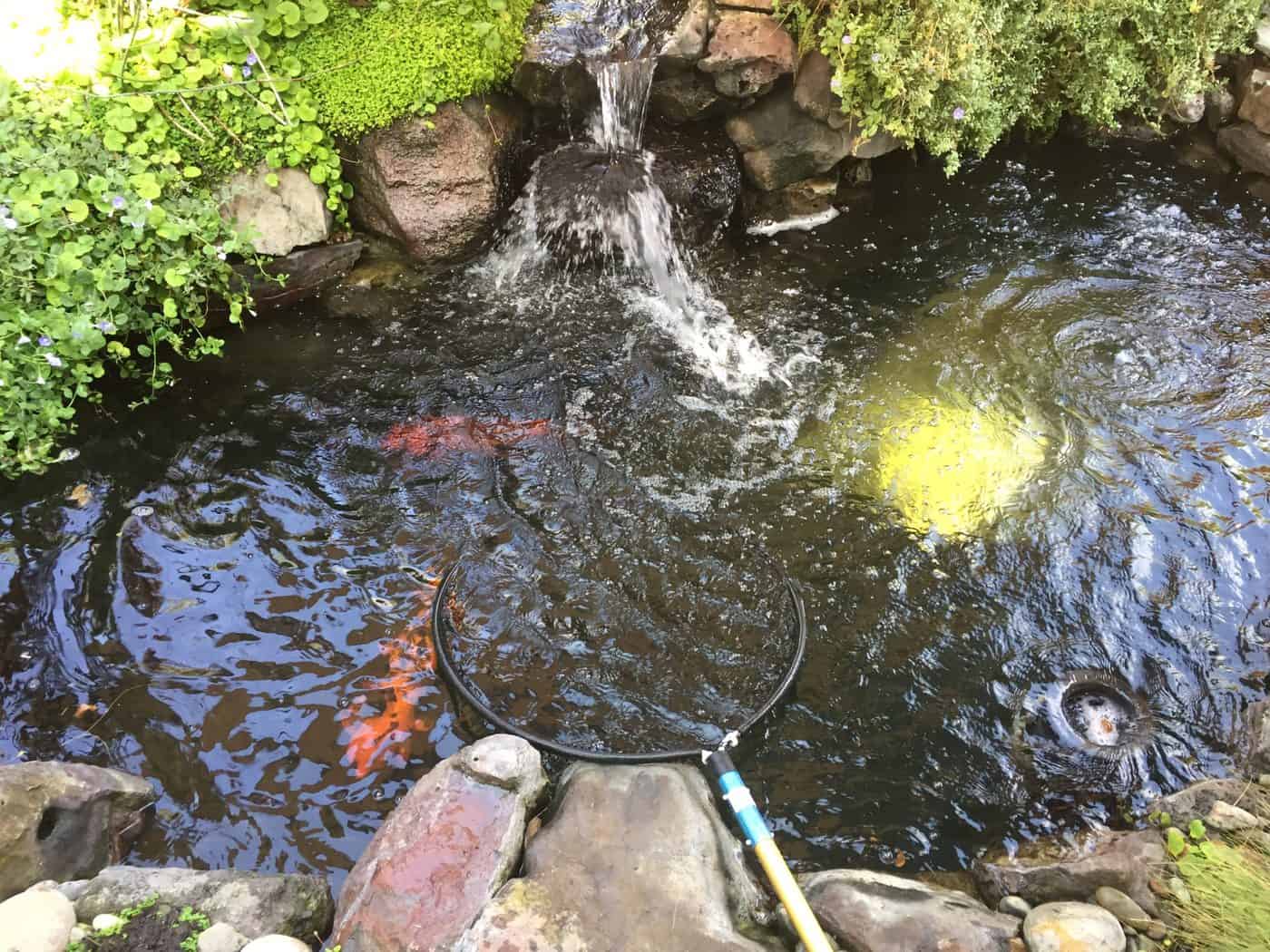That’s a fairly drastic way of doing things I would have thought.I would suggest those of you that have high levels of Chlorine or Chloramine in their water supply, change the source of your water.
And the only chemicals I add to my fish tank is dechlorinator and liquid ferts, and I am very careful about dosages so I only put in the minimum amounts I can get away with.
A bottle of dechlorinator for only costs a few pounds or dollars compared to buying bottled water every week or getting a RO system and getting that set up costs even more in the long run.
Not saying the money is more important than the livestocks lives, of course not, but what I currently do works and works well against chlorine and chloramine.
I agree 100% in an ideal world we would not add chemicals at all whatsoever as everything that is added the tank does adversely effect the livestocks health but sometimes it’s the lesser of the evils to just use one chemical and that’s dechlorinator rather than letting the livestock die a painful death from chlorine poisoning.

Chlorine Toxicity in Fish - Fish Vet
Chlorine toxicity in fish occurs most commonly when an owner leaves a hose running and walks away. Chlorine toxicity in fish has no treatment and is preventable.

